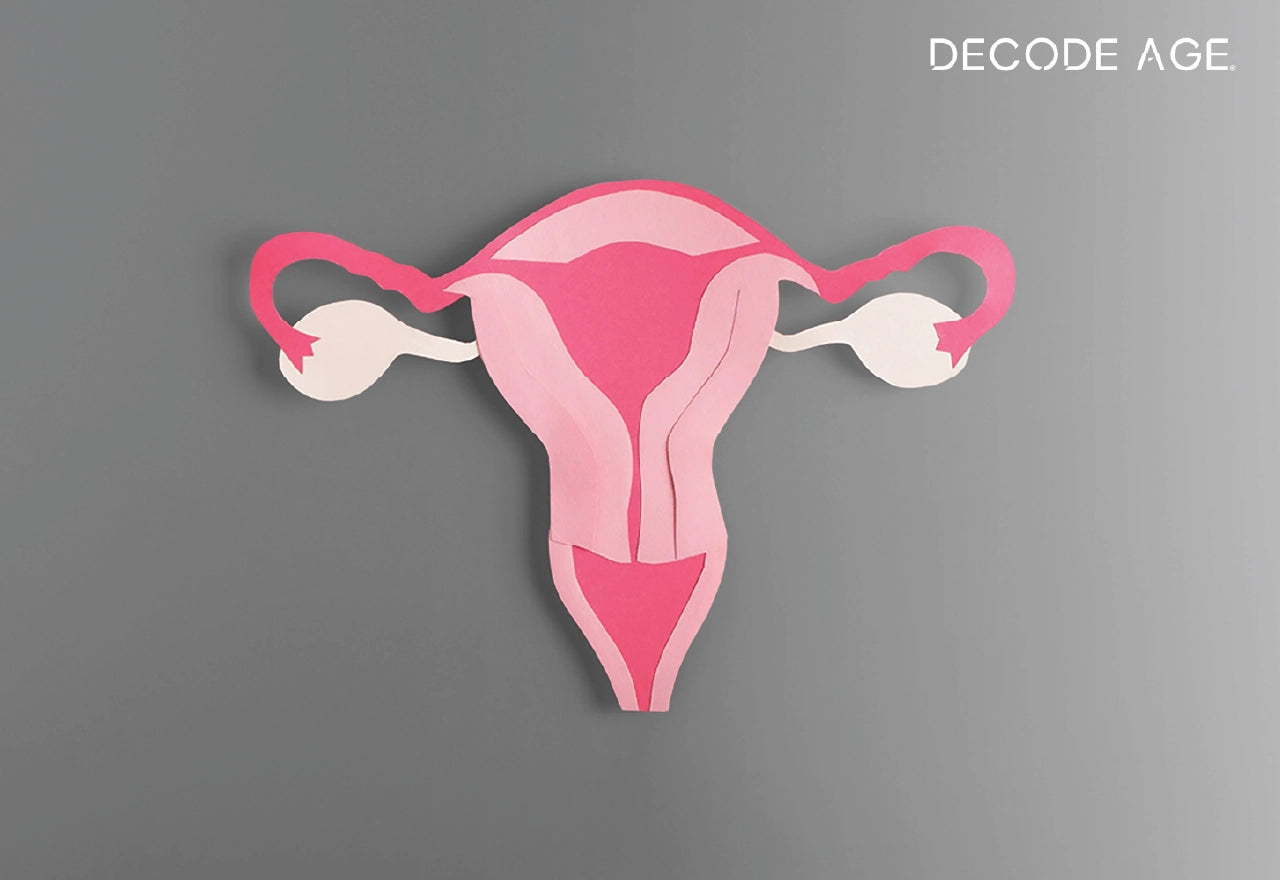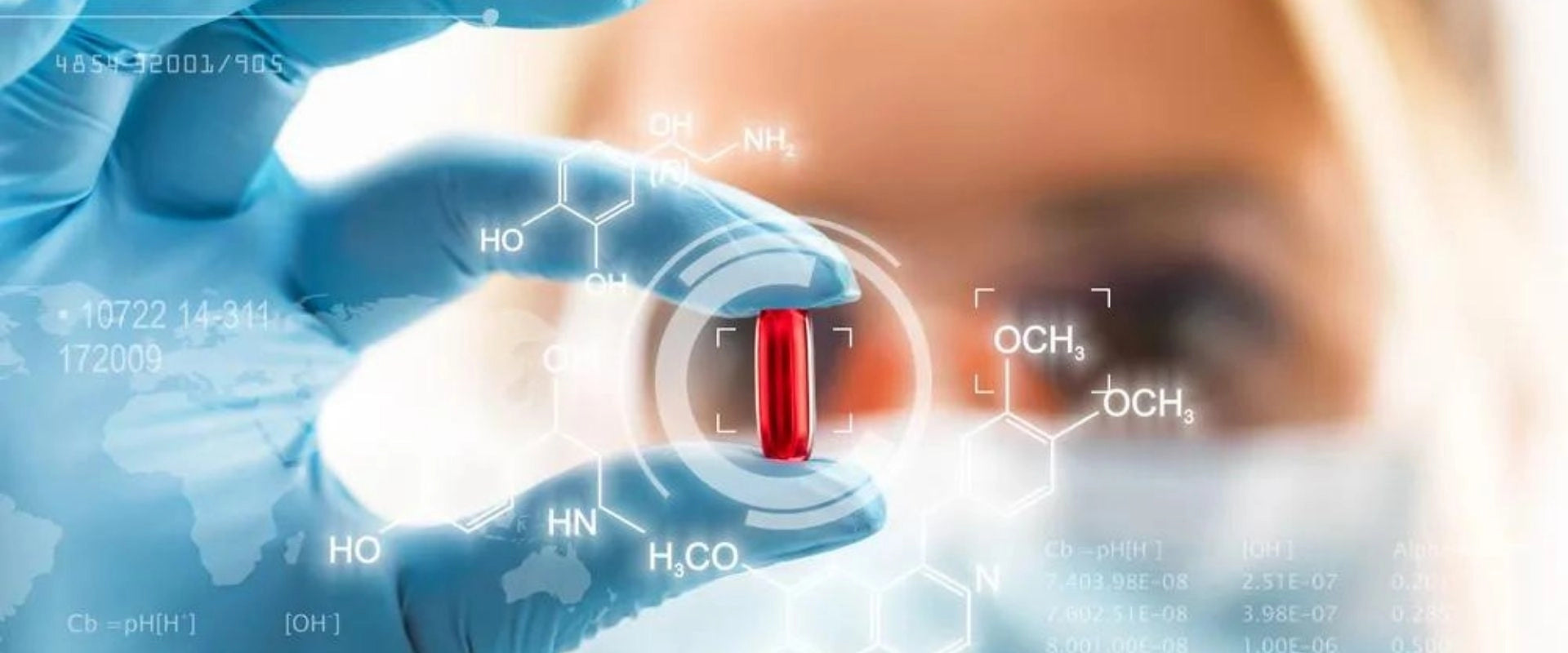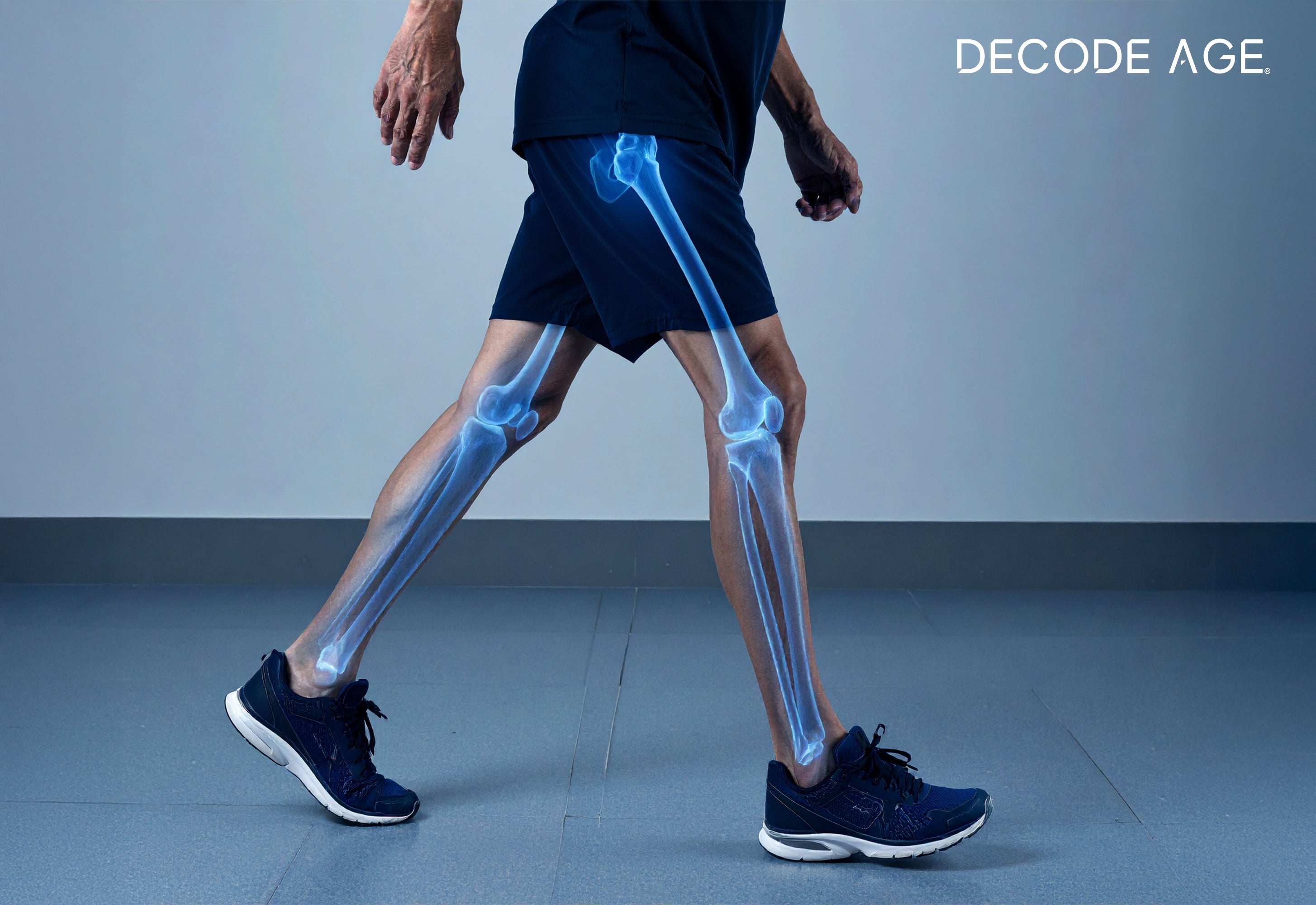Menopause is the phase that signifies the conclusion of the menstrual cycle, typically confirmed after 12 consecutive months without a menstrual period. While menopause can occur in one's 40s or 50s, in India, the mean estimated age is 46, lower than that of Caucasians, who exhibit an average age of 51.5 years. The hormonal fluctuations and various factors associated with menopause can result in symptoms such as hot flashes, mood swings, decreased fertility and sleep problems. These symptoms can be managed through hormonal therapy, supplementation, and lifestyle adjustments.
What is menopause?
As women age, their fertility decreases due to the lower production of estrogen and progesterone. This hormonal shift leads to irregular periods and longer intervals between cycles. Menopause, marked by the absence of monthly menstruation, results from the decline in ovarian follicular function, halting the release of eggs for fertilization. It signifies the end of the menstrual cycle; each woman experiences this stage uniquely.
Stages of menopause
- Perimenopause: It is the transition time before menopause, the supply of mature eggs in a woman's ovaries diminishes and ovulation becomes irregular. At the same time, the production of estrogen and progesterone decreases. It is the big drop in estrogen levels that causes most of the symptoms of menopause.
- Menopause: This starts either 12 months after the last period or when menstruation has stopped for a clinical reason, such as the removal of the ovaries.
- Postmenopause: Postmenopause refers to the years after menopause, although it can be difficult to know when menopause is finished and postmenopause starts.
Symptoms of menopause
The hormonal shifts linked to menopause can impact physical, emotional, mental, and social well-being, with symptoms varying widely among individuals.
- Hot Flashes: Hot flashes, characterised by a sudden sensation of heat in the face, neck, and chest, are often accompanied by skin flushing, perspiration (sweating), and palpitations.
- Irregular Periods: Menopause onset is often signalled by irregular periods, occurring more or less frequently and varying intensity.
- Sleep Problems: Menopausal individuals may experience sleep disturbances due to factors like anxiety, night sweats, and an increased need to urinate.
- Physical Changes: Changes such as abdominal fat accumulation, weight gain, alterations in hair colour, texture, and volume, breast reduction and tenderness, and urinary incontinence may occur around menopause. However, the direct link between these changes and menopause is not always clear, as age and lifestyle can also contribute.
- Decreased Fertility: Estrogen decline before menopause reduces the likelihood of pregnancy.
Can Supplementation keep symptoms at bay?
Ovarian egg reserve and egg quality decrease with ageing, leading to an increase in infertility rate and birth defects. Both the reproductive and hormonal functions of the ovary are influenced by the follicle pool. Research suggests that long-term supplementation can help keep the symptoms of ovarian ageing at bay.
NMN
NMN, a precursor to NAD+ essential for cell health and metabolism, plays a crucial role in addressing hormonal changes during perimenopause in women. As the ovaries decrease progesterone and estrogen production, impacting energy-related hormones, NMN supplementation becomes valuable.
Supplementing with NMN helps replenish NAD+ reserves, the cellular energy currency, enhancing mitochondrial function and boosting energy levels. This increased energy is utilized for the improvement of ovarian follicles, leading to enhanced ovarian mitochondrial health and improved oocyte quality, particularly important as oocyte quality tends to decline with age. (Huang et al., 2022)
A sudden hormonal imbalance can lead to decreased bone density and muscle mass. NMN plays a role in mitigating these effects by stimulating bone marrow stem cells and promoting osteogenesis by regulating the SIRT1/PGC-1α signalling pathway. In a 10-week, randomized, placebo-controlled, double-blind trial conducted by Yoshino et al, daily supplementation of 250 mg of NMN demonstrated positive effects. This included increased skeletal muscle insulin signalling, improved insulin sensitivity, and muscle remodelling in postmenopausal women with prediabetes. Furthermore, NMN supplementation displayed protective effects against damage induced by ageing and glucocorticoids, commonly prescribed steroids for menopausal women dealing with inflammation.
Another study in Japan revealed that 300 mg of oral NMN improves sugar and cholesterol metabolism in older women, along with an increase in blood DHEA (estrogen precursor) levels, indicating an improvement in hormonal health. Additionally, NMN activates the SIRT1 gene, responsible for maintaining physical activity and sleep quality. Overall, NMN supplementation appears to offer various benefits, from cellular energy enhancement to hormonal health improvement in women undergoing menopause.
Trans-Resveratrol
Phytoestrogens mimic estrogen due to their similar chemical structure, binding to the body's estrogen receptors and acting as endocrine disruptors. While their effects are generally weaker than the body's natural estrogen, a meta-analysis suggests that phytoestrogens could alleviate menopausal symptoms.
In various studies it was found that resveratrol as a phytoestrogen acts on the various symptoms of menoapause. As a phytoestrogen, it demonstrated notable effects: it reduced hot flash frequency by a significant margin without side effects, improved overall cognitive performance by 33%, and acted as a phytoestrogen, enhancing circulatory functions for potential pain management. In bone health, a 12-month resveratrol supplementation outperformed vitamin D and calcium, increasing lumbar spine and femur neck bone density while reducing the risk of major and hip fractures.
Additionally, resveratrol displayed anti-atherosclerotic effects, potentially preventing cardiovascular diseases, a leading cause of post-menopausal mortality. Furthermore, resveratrol exhibited positive impacts on endometriosis pathogenesis.
Ca-AKG
Menopause is associated with osteoporosis, resulting in the loss of bone density. A study conducted on postmenopausal women with osteopenia revealed that a daily oral dose of Ca-AKG increased bone mass density by 1.6%. Additionally, AKG has been shown to delay ovarian follicular activation and senescence. This serves as a strategy to preserve ovarian function, maintain the follicle pool, and enhance oocyte quality.
Conclusion
In conclusion, menopause represents a significant phase in a woman's life, signalling the end of the menstrual cycle and bringing about various hormonal changes. The associated symptoms, ranging from hot flashes to mood swings, can significantly impact a woman's well-being. However, emerging research on supplementation with NMN, trans-resveratrol, and Ca-AKG offers promising avenues for managing and alleviating these symptoms. NMN demonstrates multifaceted benefits, addressing hormonal changes, and cellular energy enhancement. Trans-resveratrol as a phytoestrogen showcases its potential in mitigating various menopausal symptoms, while Ca-AKG positively affects bone density and ovarian function.
FAQs
What supplements are best for menopause?
Menopause often is characterised by hormonal fluctuations and symptoms like hot flashes, and osteoporosis. Healthy ageing supplements like NMN, Trans-resveratrol and Ca-AKG are scientifically proven to ease these symptoms and promote better health.
Do any menopause supplements work?
Emerging research on supplementation with NMN, trans-resveratrol, and Ca-AKG offers promising avenues for managing and alleviating these symptoms. Long-term supplementation can help keep the symptoms at bay.
What are the 3 stages of menopause?
The three stages of menopause are:
- Perimenopause is the transition before menopause, marked by a decline in mature eggs, irregular ovulation, and reduced estrogen and progesterone production, causing various symptoms.
- Menopause occurs 12 months after the last period or due to clinical reasons like ovary removal.
- Postmenopause follows menopause, and though the exact start is challenging to determine, it involves managing symptoms and addressing health considerations associated with this life stage.
At what age does menopause start?
Menopause can occur in one's 40s or 50s, in India, the mean estimated age is 46, lower than that of Caucasians, who exhibit an average age of 51.5 years
Are menopause supplements safe to take?
Menopause supplements may offer relief for certain symptoms, but it's essential to approach them cautiously. Supplements such as NMN, trans-resveratrol, and Ca-AKG are supported by extensive research and clinical trials, which prove their safety and efficacy in humans.
Is NMN good for menopause?
Research shows that NMN helps manage muscle insulin sensitivity, and sleep cycle, and improves bone health in post-menopausal women.




























Leave a comment
All comments are moderated before being published.
This site is protected by hCaptcha and the hCaptcha Privacy Policy and Terms of Service apply.